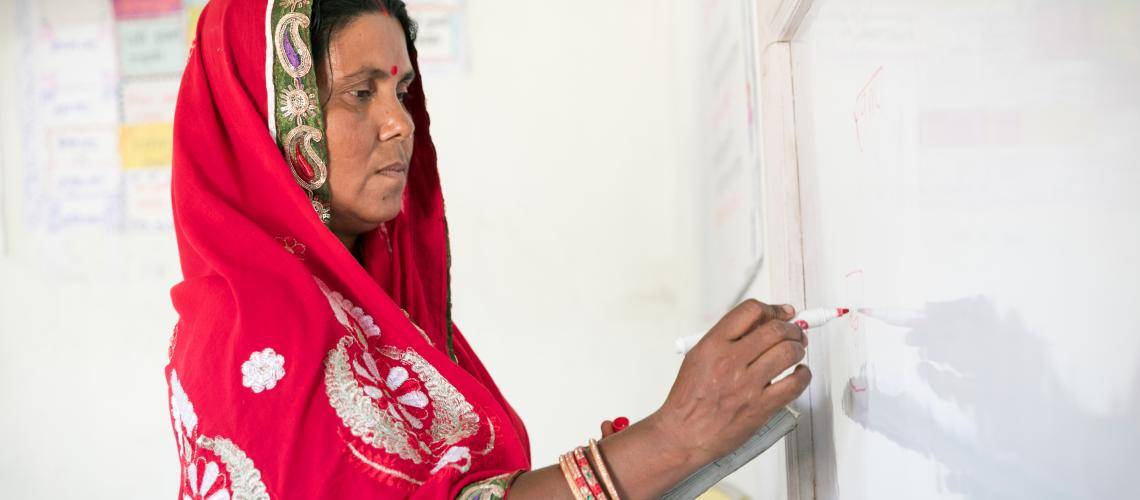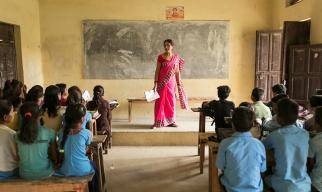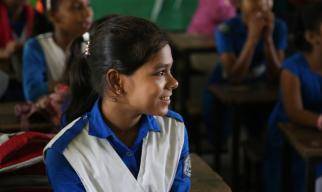Equity and inclusion in education are policy priorities yet many girls and children with disabilities (CWD) experience multiple barriers that exclude them from quality education and holds countries back from reaching their human, economic and political development goals. Barriers include, among others family/community issues, concerns over safety of girls on their journey to school and pedagogical practices to adapt teaching to the learning needs of different children. Strong leadership at school levels, supported by peers, has proven to be a promising response to address those challenges and barriers from the ground up in a sustainable and socially accepted manner.
The project aims to develop, test and scale a capacity strengthening methodology -known as Networked Improved Community (NIC)- for school principals to become agents for change in their schools and school districts in Pakistan and Nepal. The project focuses on empowering and preparing school principals to identify barriers to equity and inclusion, enact data-driven solutions and involve teachers and school communities to adapt pedagogy and improve access and learning of girls, children with disabilities and other marginalized learners. The project will use mixed methods to co-create an open course, generate and collect data, produce evidence and refine the approach to inform policy and practice in the three countries and the region at large.
The project is led by Foundation for Information Technology Education and Development (FIT-ED), a private, non-profit organization based in the Philippines. The consortium also involves Kathmandu University (Nepal), Allama Iqbal Open University (Pakistan) and the Canadian Women for Women in Afghanistan (Afghanistan).
Project Abstract
Implementing Organizations: Foundation for Information Technology Education and Development (FIT-ED) (Lead), Kathmandu University, Allama Iqbal Open University, Canadian Women for Women in Afghanistan
Project Leader:Freda Wolfenden
Implementing Countries: Nepal, Pakistan
Main Theme: School Leaders
Duration: 28 months
Updates and Activities




